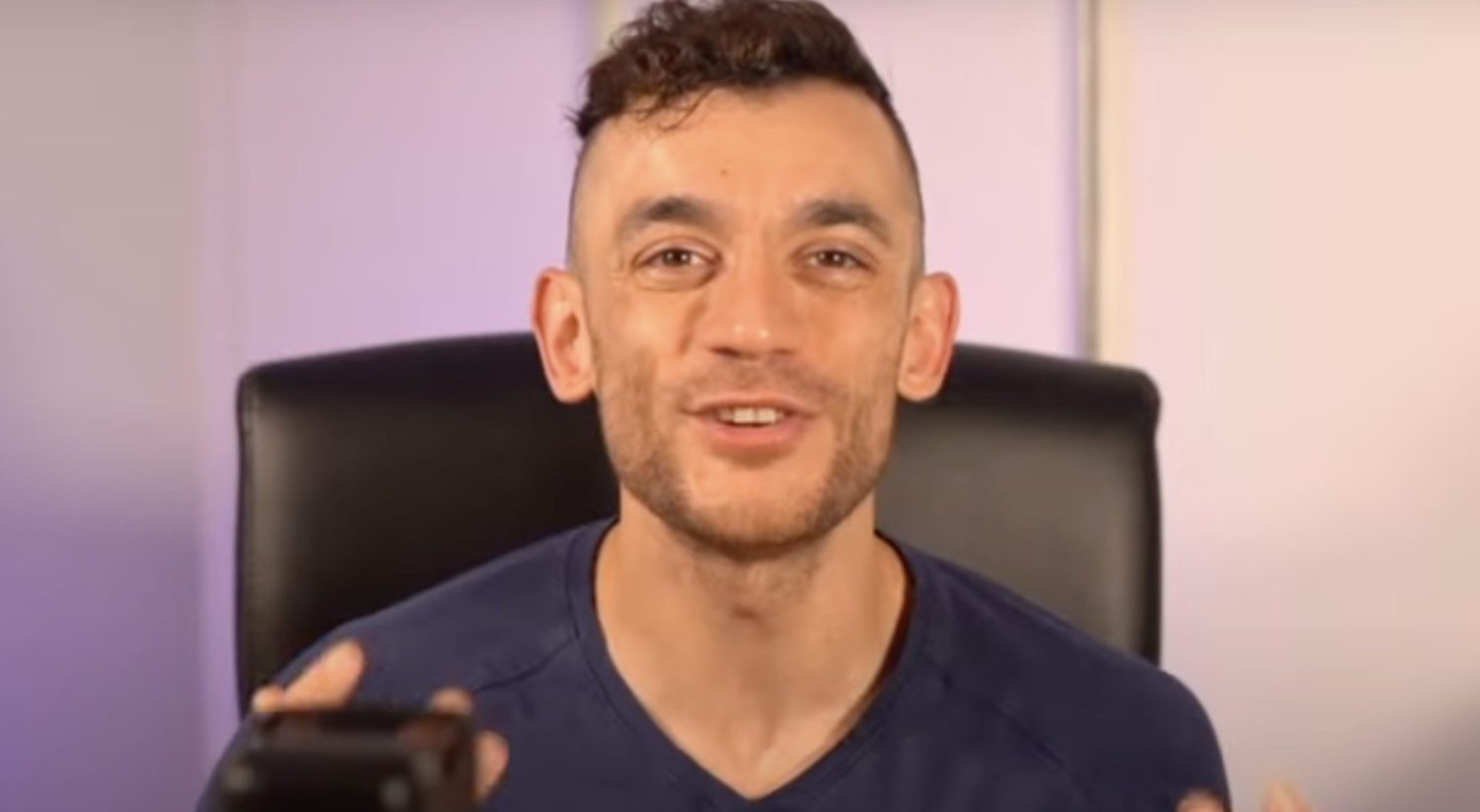As ChatGPT continues to gain popularity, it’s essential to understand its practical applications in the field of Search Engine Optimization (SEO). This article explores the most effective and ineffective ways to leverage ChatGPT for SEO purposes, providing insights into how this powerful AI tool can enhance your workflow and where it falls short.
Best ChatGPT Use Cases for SEO
1. Constructing Regular Expressions (Regex)
One of the most valuable applications of ChatGPT in SEO is its ability to construct regular expressions (regex). Regex is crucial for finding specific patterns within text, and ChatGPT excels at creating these complex strings.
For example, to find keywords phrased as questions in Google Search Console, you can ask ChatGPT to generate a regex that matches phrases starting with “how,” “what,” “who,” “when,” “where,” “why,” or “do.” This regex can then be used to filter queries in Search Console, helping you identify informational keywords that could be improved in rankings.
2. Writing Automations and Scripts
ChatGPT can significantly enhance your SEO workflow by writing complete automations and scripts. This capability is particularly useful for tasks that would otherwise require manual coding or extensive knowledge of programming languages.
A prime example is creating a script for bulk email finding during link building campaigns. By providing ChatGPT with the necessary information (such as the API details for an email finding service), you can quickly generate a Google Apps Script function that automates the process of finding email addresses for your outreach targets.
3. Generating Click-Worthy Titles
Creating engaging titles is crucial for improving click-through rates in search results. ChatGPT can be an excellent tool for brainstorming click-worthy titles for your blog posts or articles. By providing the AI with a working title or topic, you can generate multiple options that can spark creativity and help you craft the perfect headline.
For added customization, you can instruct ChatGPT to front-load keywords or even mimic popular content creators’ styles to add more personality to your titles.
4. Creating Quick Outlines
When it comes to content planning, ChatGPT can be incredibly useful for creating quick outlines. While the generated outline may not be perfect, it serves as an excellent starting point to get your creative juices flowing. You can then refine and adjust the outline based on your expertise and specific content goals.
This approach is particularly efficient for brainstorming sessions and can help you structure your thoughts more effectively before diving into the writing process.
5. Generating Meta Descriptions
For websites with numerous pages lacking meta descriptions, ChatGPT can be a time-saver. By providing the AI with the page title and any relevant information, you can quickly generate concise and informative meta descriptions within the recommended character limit.
While these AI-generated descriptions may require some tweaking, they offer a solid foundation that can be easily refined to match your brand voice and SEO goals.
6. Proofreading and Improving Clarity
ChatGPT demonstrates impressive capabilities in proofreading and enhancing the clarity of written content. It can quickly identify and suggest improvements for grammar, punctuation, and sentence structure. This feature is particularly useful for refining content from various sources or improving the overall readability of your articles.
Additionally, ChatGPT excels at condensing information into concise sentences, which can be valuable for optimizing content for featured snippets or improving overall clarity in your writing.
7. Generating Code Snippets
For SEO professionals who need to work with code but may not have extensive programming knowledge, ChatGPT can be an invaluable resource. It can quickly generate code snippets for various SEO-related tasks, such as creating schema markup or hreflang tags.
This capability allows SEO practitioners to implement technical optimizations more efficiently without the need for in-depth coding skills.
Worst ChatGPT Use Cases for SEO
1. AI-Driven Keyword Research
Despite its popularity among some SEO professionals, using ChatGPT for keyword research is generally ineffective. The AI lacks access to real-time search data and trends, resulting in suggestions that often have little to no search demand.
Moreover, ChatGPT’s inability to assess factors like backlinks, SERP competition, and content quality makes it unreliable for determining keyword difficulty or ranking potential.
2. Generating “High-Quality” Long-Form Content
While ChatGPT can produce readable content, it falls short when it comes to creating truly high-quality, long-form articles. The content generated by the AI often lacks depth, expertise, and originality. It tends to produce generic, boilerplate text that fails to satisfy user intent or provide valuable insights.
Using ChatGPT to write entire articles or blog posts is likely to result in content that doesn’t stand out from the countless other AI-generated pieces on the internet.
3. Search Intent Classification
Contrary to some claims, ChatGPT is not reliable for classifying search intent at scale. Accurate intent classification requires analysis of actual search engine results pages (SERPs), top-ranking content, and SERP features – data that ChatGPT doesn’t have access to.
The AI struggles particularly with identifying navigational queries and local intent, making it an unreliable tool for this crucial aspect of SEO strategy.
Conclusion
ChatGPT offers numerous valuable applications for SEO professionals, from streamlining technical tasks to enhancing content creation processes. However, it’s crucial to understand its limitations and avoid relying on it for tasks that require real-world data, expertise, or nuanced understanding of search engine dynamics.
By leveraging ChatGPT’s strengths in areas like regex construction, automation, and content refinement while steering clear of its weaknesses in keyword research and full content generation, SEO practitioners can significantly improve their efficiency and effectiveness in optimizing websites for search engines.
Frequently Asked Questions
Q: What are the best uses of ChatGPT for SEO?
The best uses of ChatGPT for SEO include constructing regular expressions, writing automations and scripts, generating click-worthy titles, creating quick content outlines, generating meta descriptions, proofreading and improving content clarity, and generating code snippets for technical SEO tasks.
Q: Can ChatGPT be used for keyword research in SEO?
While ChatGPT can generate keyword ideas, it’s not recommended for comprehensive keyword research. The AI lacks access to real-time search data and trends, often resulting in suggestions with little to no search demand. It’s better to use dedicated keyword research tools for this task.
Q: Is ChatGPT effective for generating long-form content for SEO?
ChatGPT is not ideal for generating high-quality, long-form content for SEO. While it can produce readable text, the content often lacks depth, expertise, and originality. It’s better to use ChatGPT for content ideation or refinement rather than full article creation.
Q: How accurate is ChatGPT in classifying search intent for SEO purposes?
ChatGPT is not reliable for accurately classifying search intent, especially at scale. It lacks access to SERP data and struggles with identifying navigational queries and local intent. For accurate search intent classification, it’s better to analyze actual SERPs and use dedicated SEO tools.
Q: Can ChatGPT help with technical SEO tasks?
Yes, ChatGPT can be helpful for certain technical SEO tasks. It’s particularly useful for generating code snippets, such as schema markup or hreflang tags. It can also assist in creating regular expressions for data analysis and writing simple scripts for automation.









